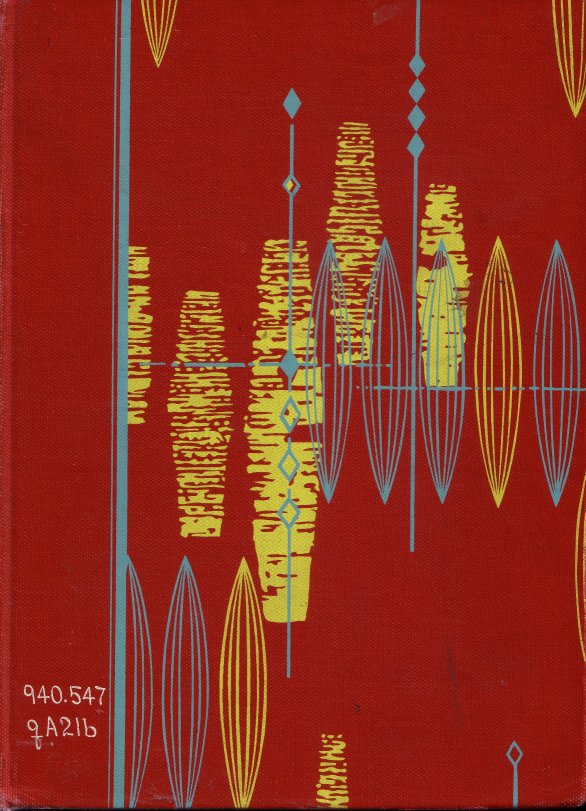
Born Free and Equal

When doing research on Japanese American internment it is always a good thing to go through books that were produced at that time. Books written later are always done in hindsight, of course, and you can lose some of the strong feeling that issues evoked when they were being faced on a daily basis.
This book was published in 1944 and deals with the Manzanar internment center but also has material relating to the issue of internment in general.
One thing that got my interest and attention right off was a quote from a letter from Abraham Lincoln to someone named Joshua Speed, dated 1855:
”As a nation we began by declaring that 'all men are created equal.' We now practically read it 'all men are created equal, except Negroes.' When the Know-Nothings get control, it will read 'all men are created equal, except Negroes and foreigners and Catholics.' When it comes to this, I shall prefer emigrating to some country where they make no pretense of loving liberty...where despotism can be taken pure, and without the base alloy of hypocrisy.”
That's a pretty powerful statement, at least in my opinion.
Another interesting quote is from Harold L. Ickes, Secretary of the Interior in 1944:
”It has long been my belief that the greatness of American has arisen in large part out of the diversity of her peoples. Before the war, peoples of Japanese ancestry were a small but valuable element in our population. Their record of law-abiding, industrious citizenship was surpassed by no other group. Their contribution to the arts, agriculture, and science were indisputable evidence that the majority of them believed in America and were growing with America.
”...It is my prayer that other Americans will fully realize that to condone the whittling away of the rights of any one minority group is to pave the way for us all to lose the guarantees of the Constitution.”
The book also notes a quote from FDR:
”Americanism is a matter of the mind and heart; Americanism is not, and never was, a matter of race or ancestry.”
The book goes into a description of the camp, noting that it covered 5,700 acres. Residential areas covered 620 acres, composed of 36 blocks, each block containing around 16 barracks, a central mess hall, lavatories and service buildings. There were three to five apartments in each barracks, and the barracks were separated by large areas to set up a firebreak in case of a fire. (Any major fire could have totally destroyed the camp and killed many people otherwise.)
Later in the book it's pointed out that the barracks lacked running water.
Main Index
Japan main page
Japanese-American Internment Camps index page
Japan and World War II index page
|